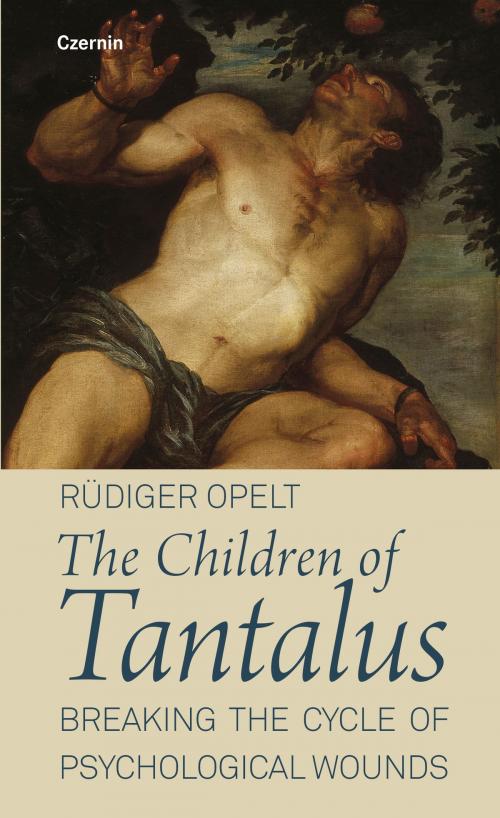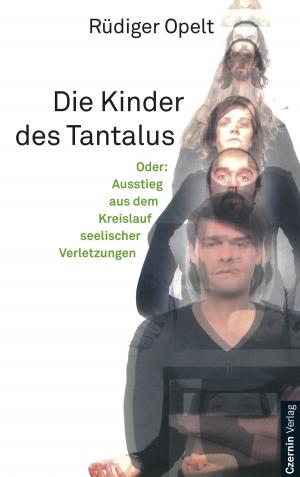The Children of Tantalus
Breaking the cycle of psychological wounds
Nonfiction, Health & Well Being, Psychology, Family Therapy, Clinical Psychology| Author: | Rüdiger Opelt | ISBN: | 9783707605389 |
| Publisher: | Czernin Verlag | Publication: | April 10, 2015 |
| Imprint: | Language: | English |
| Author: | Rüdiger Opelt |
| ISBN: | 9783707605389 |
| Publisher: | Czernin Verlag |
| Publication: | April 10, 2015 |
| Imprint: | |
| Language: | English |
Tantalus, a king in ancient Greece, kills his son and is condemned to torture and punishment. All his family are damned to repeat his deed and kill each other, until his great grandson Orestes finds a way out of the endless repetition of violence. Violence and suffering are inseparably interconnected. That's common sense told by this old myth. To explain mental illness can we not trace suffering back to violence? Yes we can. In WWII millions of men were slaughtered, tortured, imprisoned or expelled from their home. Even today the children and grandchildren of these victims are haunted by the nightmares of the past, get ill and emotionally disturbed by unprocessed traumatic experiences of their families. This new theory has a revolutionary impact on clinical psychology.
Tantalus, a king in ancient Greece, kills his son and is condemned to torture and punishment. All his family are damned to repeat his deed and kill each other, until his great grandson Orestes finds a way out of the endless repetition of violence. Violence and suffering are inseparably interconnected. That's common sense told by this old myth. To explain mental illness can we not trace suffering back to violence? Yes we can. In WWII millions of men were slaughtered, tortured, imprisoned or expelled from their home. Even today the children and grandchildren of these victims are haunted by the nightmares of the past, get ill and emotionally disturbed by unprocessed traumatic experiences of their families. This new theory has a revolutionary impact on clinical psychology.















